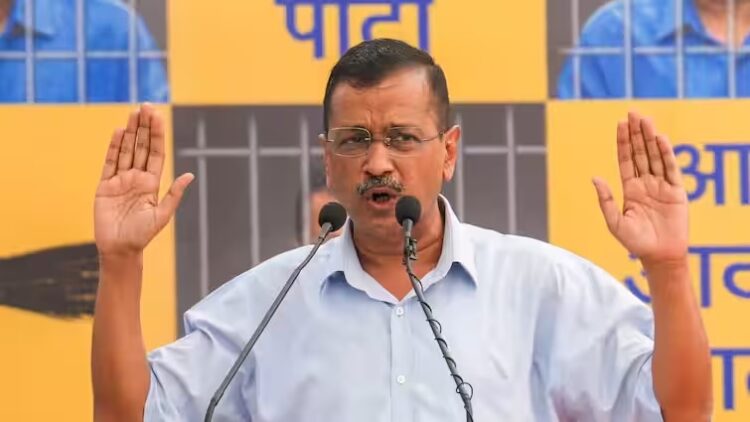The Supreme Court granted bail to Delhi Chief Minister Arvind Kejriwal on Friday in connection with the money laundering case tied to the alleged liquor policy scandal. However, the court refrained from issuing a directive for Mr. Kejriwal to resign, noting its uncertainty about a court’s authority to mandate an elected leader to step down or cease functioning as Chief Minister.
The court stated, “We are aware that Arvind Kejriwal is an elected leader and the Chief Minister of Delhi, a position of significance and influence. We are not providing any direction as we are unsure if a court can mandate an elected leader to step down or refrain from serving as Chief Minister or Minister.” The decision on resignation, the court emphasized, should be left to Mr. Kejriwal himself.
Calls for Resignation Intensify Amid Legal Battles
Following his arrest, Mr. Kejriwal faced persistent calls to resign from the opposition Bharatiya Janata Party (BJP), whose members have been vocally demanding his departure. Nevertheless, the Aam Aadmi Party (AAP) dismissed these demands, asserting that the charges against Mr. Kejriwal were baseless and unproven.
Multiple Public Interest Litigations (PILs) were filed in the Supreme Court and Delhi High Court seeking to compel Mr. Kejriwal to step down. In May, the Supreme Court dismissed one such petition, ruling it lacked legal merit and asserting that Lieutenant Governor VK Saxena did not require judicial guidance on the matter.
Earlier, the High Court had rejected similar petitions, echoing a 2019 decision when Mr. Kejriwal faced prosecution in an unrelated case. The court had then questioned the necessity of resignation amidst ongoing prosecution, suggesting acquittal could follow.
Political and Legal Turmoil Surrounding the Case
Mr. Kejriwal, on interim bail for election campaigning in May, explained his refusal to resign, citing a potential precedent that could be exploited against other opposition leaders, such as Bengal’s Mamata Banerjee. He argued that his resignation under such pressure would validate the government’s use of false cases to target political adversaries.
Mr. Kejriwal was arrested by the ED in March on money laundering charges related to the 2021-22 Delhi liquor policy, which was later withdrawn after objections from the Lieutenant Governor. The ED alleged that funds amounting to ₹100 crore, purportedly received from liquor sellers, were used to finance AAP’s electoral campaigns in Goa and Punjab.
Despite a city court granting bail last month, the High Court stayed his release following a last-minute appeal by the ED, which criticized the lower court’s judgment. Consequently, Mr. Kejriwal was re-arrested by the CBI, complicating his legal battles.
Moving the Supreme Court, Mr. Kejriwal secured interim bail for May-June, enabling him to campaign in the Lok Sabha elections. The Supreme Court, while initially dismissing his plea due to the pending final order from the High Court, acknowledged the unusual nature of the High Court’s actions, suggesting that stay orders are typically issued immediately rather than being reserved.

















Comments